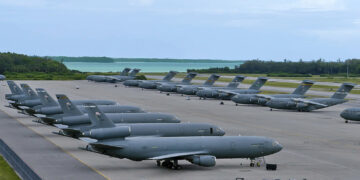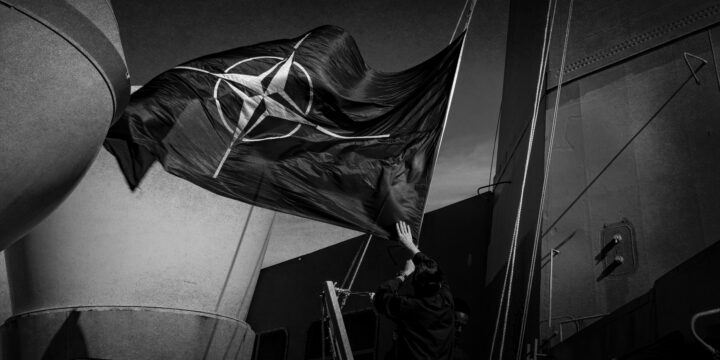FOR IMMEDIATE RELEASE:
December 11, 2020
Contact: press@defensepriorities.org
WASHINGTON, DC—Today, the Senate passed the National Defense Authorization Act (NDAA) with a veto-proof majority. The NDAA will now head to President Trump, who has warned he will veto the bill. Defense Priorities Policy Director Benjamin H. Friedman issued the following statement in response:
“U.S. security requires nothing close to $741 billion. A strategy that embraced restraint, prioritized among missions, and ceased the Sisyphean effort to dominate the globe by military force could save vast sums by doing less—the U.S. should focus on advancing its security and prosperity, rather than misguided notions of defending the ‘global order.’
“By avoiding trouble, that approach would also aid U.S. security. Spending tens of billions of dollars annually for overseas contingency operations (OCO) is a misallocation of resources. OCO is a gimmick to bypass Pentagon budget constraints that might otherwise discipline spending, and it prolongs ‘endless wars.’
“The U.S. and its leaders should be working harder to end open-ended wars and reduce the U.S. force posture overseas. Erecting political roadblocks to those goals is just a way to prolong bloody mistakes that have cost too much and lasted far too long. Wars should be harder to start, not end.
“The U.S.-Taliban deal calls for a withdrawal of all U.S. forces by May 2021. That is the best policy for U.S. security. We know from experience that the official assessments of the security impact in Afghanistan of a U.S. withdrawal might well cook the books in favor of staying.
“U.S. troop levels in Germany are far in excess of what Germany’s defense requires, even if its efforts to improve its military capability remain anemic. Reducing the U.S. footprint there would aid burden sharing goals and incentivize European autonomy. Recognizing the U.S. has higher priorities at home and in Asia may encourage Europeans to do more to defend themselves. The U.S. benefits from strong, capable partners and is weakened by security dependents.”
More on Grand strategy

February 19, 2026

By Peter Harris
January 28, 2026
Events on Grand strategy







